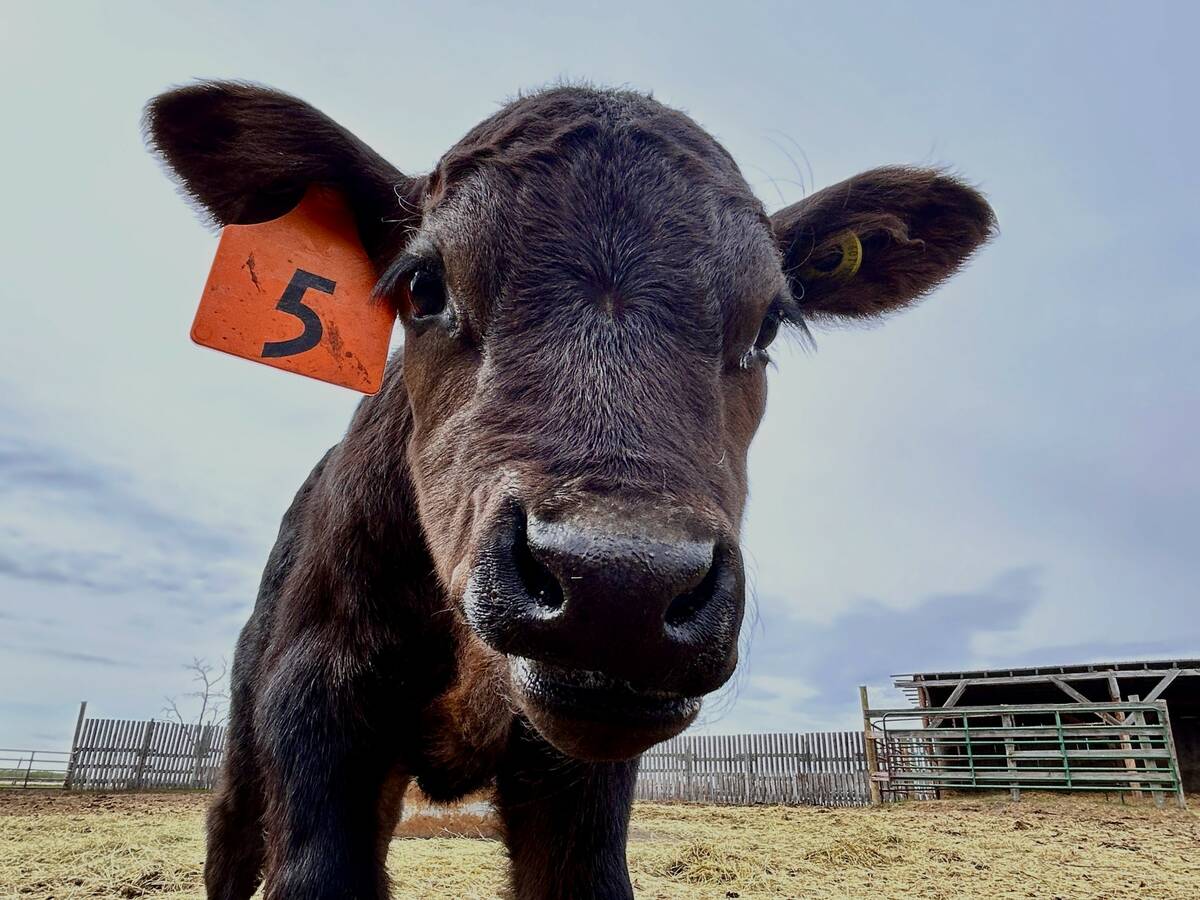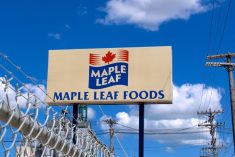The board of Atlantic Canada’s biggest co-operative is planning its way out of the “increasingly competitive” grocery and fuel businesses.
Co-op Atlantic said Saturday its board recommends members vote by a May 12 deadline in favour of the organization divesting its food and fuel wholesale assets.
Co-op Atlantic is the overarching body for 128 co-ops in Atlantic Canada and Quebec’s Magdalen Islands, with stakes in the region’s farm retail input and supply sectors and the home and farm energy business, as well as the food and fuel retail sectors.
Read Also

Health Canada stops sales of coccidiosis medication Deccox on procedural issue
Deccox, a medication to prevent coccidiosis in calves and other livestock, is temporarily off the market after Health Canada issued a stop sale order earlier this month.
Specifically, the board recommends a deal to sell the food and fuel assets — which include Co-op and Valufoods stores across the region, three distribution centres and over 40 gas stations — to Nova Scotia-based grocery giant Sobeys.
A proposed deal would see Sobeys buy “the majority” of Moncton-based Co-op Atlantic’s corporate food and gas retail sites and wholesale assets across the region, the co-op said.
The co-op’s owner-members, the board said, should negotiate wholesale supply agreements with Sobeys “to ensure their long-term success moving forward.” Those potential agreements would be decided by each member-owned store in talks with Sobeys.
Once the members’ vote is complete, Co-op Atlantic said it will be “in a better position to assess what this will mean for Co-op Atlantic and its remaining divisions moving forward, including home energy and agriculture.”
The co-op, and its member co-operatives, “have worked hard to remain viable in the increasingly competitive world of retail food and gas,” board chair Adelard Cormier, of St-Paul-de-Kent, N.B., said in a release Saturday.
“This decision has been a difficult one for management and the board but is, we believe, the best option for the continued viability of the member-owner stores and the co-operative movement in Atlantic Canada.”
“Disservice to everyone”
In its 2012-13 fiscal year, Co-op Atlantic booked total sales of $631 million, up six per cent from the previous year, but noted a two per cent drop in food unit sales.
Co-op members and consumers “have changed their buying patterns, resulting in a contraction of the Atlantic Canadian food market during the past year,” the co-op said in June 2013.
One Co-op Atlantic-operated retail grocery store in Nova Scotia, the Pictou Co-op Food Market, shut down in 2013 citing “declining sales and mounting losses over the last five years.”
The store had a membership of over 8,000, Co-op Atlantic said at the time, but found member support of the food store was “not strong enough to keep the operation viable.”
A study showed nearly 2,200 members at “had not made a single purchase during the past year and only 272 members showed purchases worth over $60 a week.
In late 2010, a Co-op Food Market in Saint John, N.B. also shut its doors, with Co-op Atlantic noting “a full third of the (local co-op’s) 4,200 members were not supporting the Co-op at all.”
“To continue operations with no prospect of profitability would be a disservice to everyone, especially the member-owners of the co-operative system,” Ron Montgomery, area manager for Co-op Atlantic, said at the time.
Sobeys, by comparison, booked $21 billion in sales in fiscal 2014, up 20.6 per cent from the previous year — due in part to its takeover of the Canada Safeway chain in 2013.
The takeover deal saw 30 Sobeys and Safeway stores in Western Canada sold to other retailers, in part to satisfy federal competition regulators — including 14 stores sold to Western Canada’s Federated Co-operatives. — AGCanada.com Network















